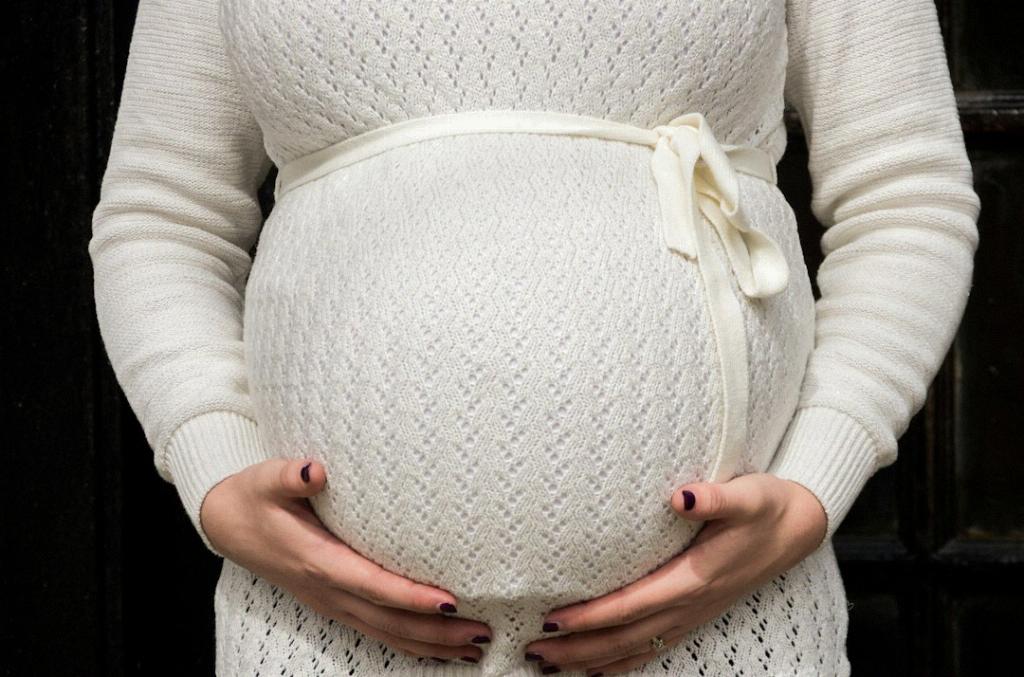When it comes to the question of knowing if you’re pregnant just five days after sex, the answer isn’t always straightforward. To understand why, it’s important to delve into the science behind conception and pregnancy testing.
The Process of Conception
Conception occurs when a sperm fertilizes an egg, leading to the formation of a zygote. This zygote then implants into the uterine lining, where it starts to develop into an embryo. This process usually takes several days to a week to complete.
Implantation and hCG Levels
After fertilization, the embryo travels down the fallopian tube and eventually implants into the uterus. It’s during this implantation process that the embryo starts to produce human chorionic gonadotropin (hCG), a hormone that is the basis for most pregnancy tests.
Time Frame for Testing
While it is theoretically possible for a pregnancy test to detect hCG as early as 10 days after conception, it’s more typical for this hormone to reach detectable levels in urine around 3 weeks post-conception. This means that most women will have to wait at least this long before taking a pregnancy test for accurate results.
Understanding False Negatives
Attempting to test for pregnancy too early can lead to false negative results, as the levels of hCG may not yet be high enough to register on the test. This can cause unnecessary confusion and anxiety for individuals eager to know if they’re pregnant.
Early Signs and Symptoms
While a pregnancy test may not be reliable in the first few days after sex, some women may begin to experience early signs and symptoms of pregnancy, such as fatigue, breast tenderness, and nausea. However, these symptoms can also be attributed to other factors, such as hormonal fluctuations.
Factors Affecting Early Detection
Several factors can influence how soon a pregnancy can be detected, including the sensitivity of the pregnancy test used, the timing of implantation, and individual variations in hCG levels. These factors all play a role in determining when a test will yield accurate results.
Importance of Patience
While the anticipation of waiting to find out if you’re pregnant can be overwhelming, it’s crucial to exercise patience and wait for the appropriate time to take a test. Testing too early can lead to inaccuracies and unnecessary stress.
Consulting a Healthcare Provider
If you suspect you may be pregnant but are unsure about the timing of testing, it’s advisable to consult with a healthcare provider. They can offer guidance on the best time to take a test and provide support throughout the early stages of pregnancy.
Emotional Considerations
The emotional rollercoaster of uncertainty surrounding early pregnancy testing can be challenging to navigate. It’s important to prioritize self-care and seek support from loved ones during this time of waiting and potential anxiety.
Considering Follow-Up Testing
If an early pregnancy test yields a negative result but you continue to experience symptoms or have concerns about pregnancy, it may be recommended to follow up with additional testing in the coming weeks. This can provide clarity and peace of mind moving forward.
Final Thoughts
In conclusion, while the desire to know if you’re pregnant soon after sex is understandable, the science behind conception and pregnancy testing suggests that patience is essential. Waiting for the appropriate timing for testing can help ensure accurate results and provide clarity in navigating the next steps of your reproductive journey.

